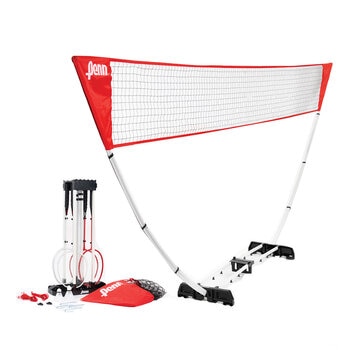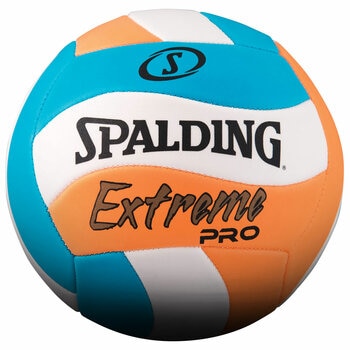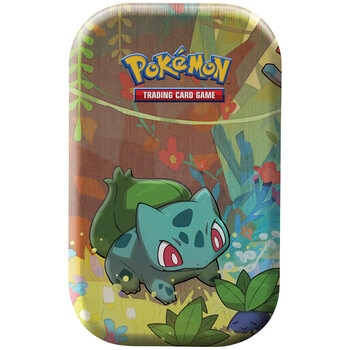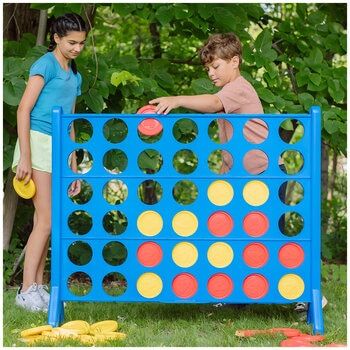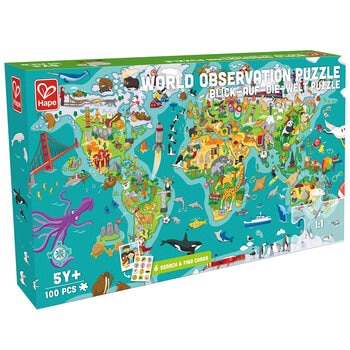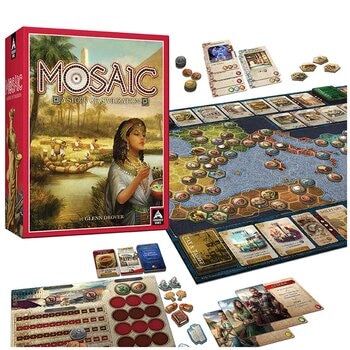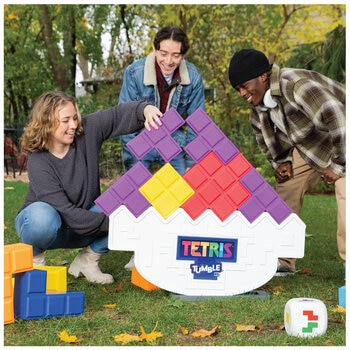Discover the health benefits of learning through play, regardless of your age.
According to developmental theories, certain abilities are learned at certain ages. This knowledge can be used to tailor children’s activities that the whole family can enjoy. Child psychologist and Costco member Roberta Golinkoff asserts it is “important to play at all ages because we all learn through play”.
Preschoolers (3 to 5 years)
Preschoolers advance their gross motor skills with active play. They take delight in running, jumping, dancing, skipping, kicking and tumbling. Their improving fine motor skills empower them to cut, paste, mould, shape, draw, paint and so on.
These children are learning to understand themselves and express emotions. They enjoy showing their achievements to others, and their imagination runs wild as they explore, role-play and tell tales. Concepts of time, money and danger are learned, and they identify shapes, colours and sizes. Everything is a game to them. Roberta emphasises that “play helps [preschoolers] interpret what’s going on in the world.”
Social skills like sharing, caring, cooperation, showing affection and sympathy, and understanding right and wrong are primary steps for preschoolers. They desire social acceptance, so having a friend or two is quite an achievement for children.
Suggested activities
High action: Playing tag, dancing, exercising.
Arts and crafts: Using materials like playdough, construction paper, paint, pipe cleaners.
Role-playing: Dressing up, making a movie, acting out with dolls, singing and dancing.
Age-appropriate board games.
Community: Visiting a playground, community centre, library.
Middle childhood (6 to 11 years)
The bodies of six-to-11-year-olds become more muscular and athletic. Growth spurts occur and motor skills vastly improve.
The brain also grows dramatically. These kids perform more complex tasks and understand concepts such as reasoning, problem-solving, planning and ethical decision-making. Their memory capacity is expanded, and they think more independently.
As Roberta explains, play is vital for learning skills like sportsmanship, confidence, communication and critical thinking. Children start to gain independence for short periods, and friendships last longer. Joining clubs or sports enables these kids to make numerous friendships through mutual interests.
Suggested activities
Group activities: Team sports, camping, building a fort, playing house.
Agility games: Freeze tag, red light/green light, charades.
Age-appropriate board games: Dominoes, chess, card games.
Community: Skating rinks, parks, galleries/museums, libraries.
Game apps: Educational, time-restricted.
Adolescence (12 to 17 years)
Adolescence introduces the onset of puberty and physical maturation. A teen’s brain continues to mature as well. Abstract, critical thinking evolves. Teens are eager for more independence and strive to understand their own individuality.
Teenagers are turning into young adults and do not play as much. However, Roberta asserts that teens “want [their family] more than ever”. Peers are major influencers for this age group, so parents can consider including peers in family activities, too. This can also help bring the family closer and provide positive independent thinking.
Suggested activities
Gathering: Making home the hangout place.
Family outings: Eating at restaurants, going to museums, shopping.
Get active: Taking walks or bike rides.
Community: Skating rinks, parks, galleries/museums, libraries.
Volunteering: Helping at events or charities.
Finding the right activities for your family will aid in your children’s development of skills and strengthen your family’s bonds.




